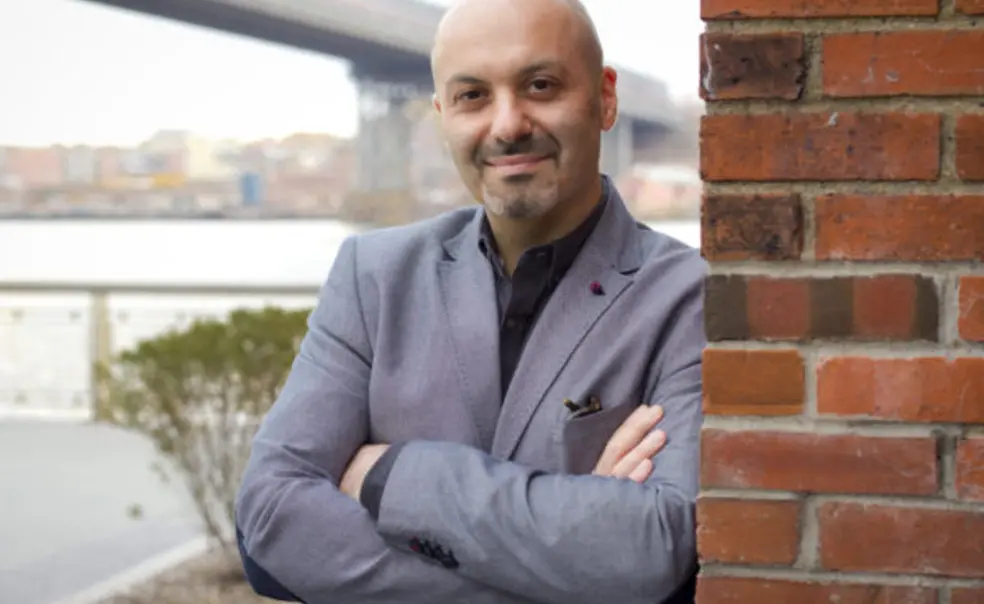Boris Fishman ’01 Gives Readers a Seat at The Table

The book: Savage Feast: Three Generations, Two Continents, and a Dinner Table (a Memoir with Receipes) (Harper Collins), is a family memoir filled with humor and heartbreak.
In Belarus, Boris Fishman ’01’s grandmother was obsessed with bread after the starvation of the Holocaust, and his grandfather was the master black marketer who supplied her. Once his family reached America, where food was in abundance, it took on a new sort of importance in Fishman’s family, acting as a conduit to the old country.
Fishman traces his family’s history to the present day, describing his relationship with food and his troubled journey to find love. Touching on themes of identity, belonging, displacement, and love, Savage Feast is both a tribute to food and an intimate look into the challenge of navigating two cultures.
The author: Boris Fishman ’01 immigrated to the United States from Belarus at age 9. After receiving a degree in Russian Literature from Princeton University, he joined the editorial staff at The New Yorker and received an MFA in fiction from New York University. Fishman is the author of two New York Times Notable Books of the Year, Don’t Let My Baby Do Rodeo and A Replacement Life.
Opening lines: The door of the sleeper sailed open, breaking the tu-tum-tu-tum of the wheels on the track, the medical blue of the overhead light panels dispelling the secretive blue of the night on a train. Two uniformed men filled the doorway. My grandmother — the next compartment held my mother, father, and grandfather — lowered her swollen legs to the floor. In her sleeveless nightgown and the pink net in which she preserved her hairstyle at night, she looked too intimate next to the uniformed men. “Dokumenty,” they said, the world just like the Russian.
If you want a shortcut to the Eastern European experience, you must have yourself woken from the sarcophagus of a sleeper’s ceiling berth by border guards in the night. You must have every light lit. You must be spoken to in a language you understand slightly, or not at all, depending on the kind of estrangement you want. Trains: To a European person, an Eastern European person, a Jewish Eastern European person, they call up cattle cars and extinction as readily as a megaphone in a pickup summons revolution to a Latin American. Emigration, evacuation, extermination, exile — in Russia, a train has carried the quarry. The platform, the engine’s weary exhalation, a whistle’s hoot and blare, “the grey wet quay, over a wilderness of rails and points, rounds the corners of abandoned trucks,” as Graham Greene put it — if we are to speak of the things that divide the Russian mind from the American, we could begin here.
Reviews: “This delightful, recipe-filled memoir from novelist Fishman follows his Jewish family — and their richly-described dinner tables — across three generations, from 1945 Belarus to 2017 Brooklyn. … Fishman’s immigrant saga masterfully evokes a family that survives, united by food … There’s a large web of characters and anecdotes, but Fishman grounds the narrative with his witty prose and well-translated family recipes.”—Publishers Weekly












No responses yet